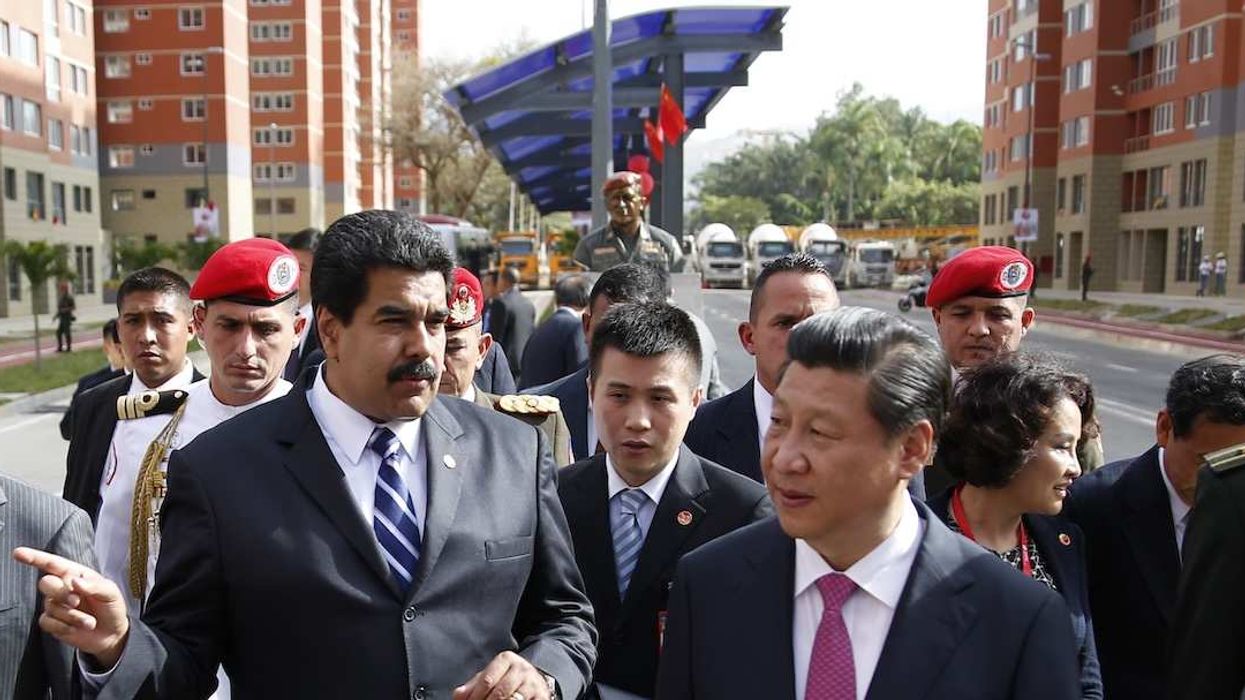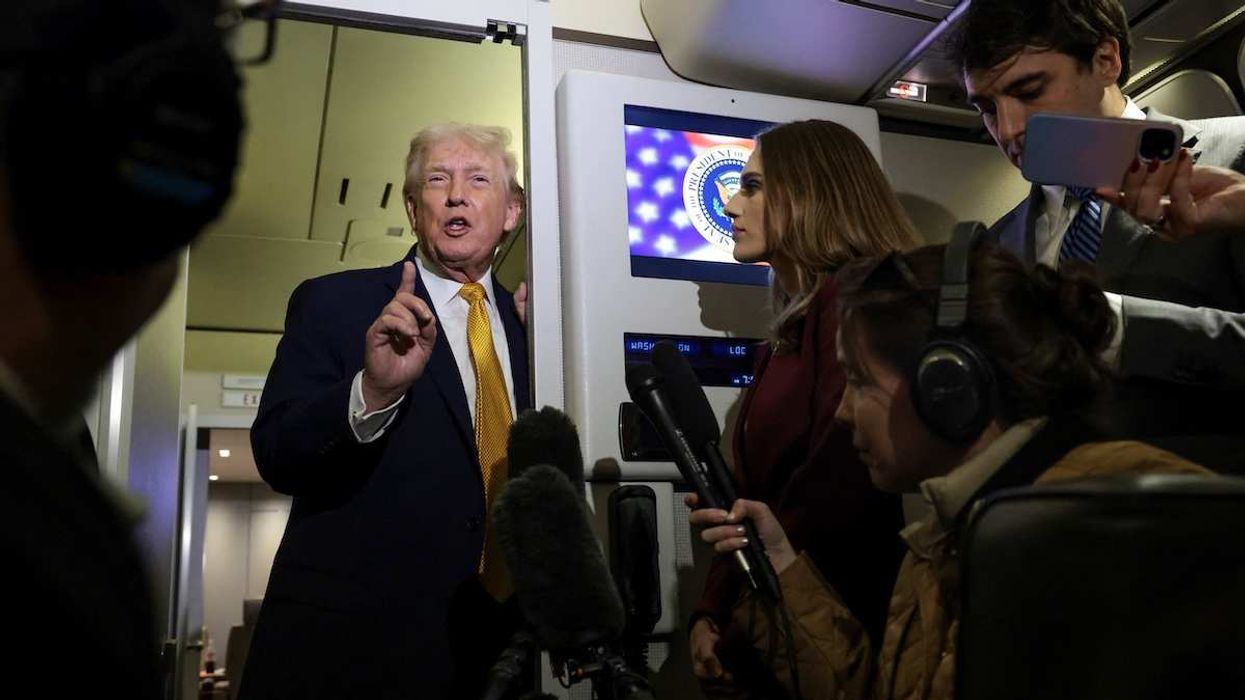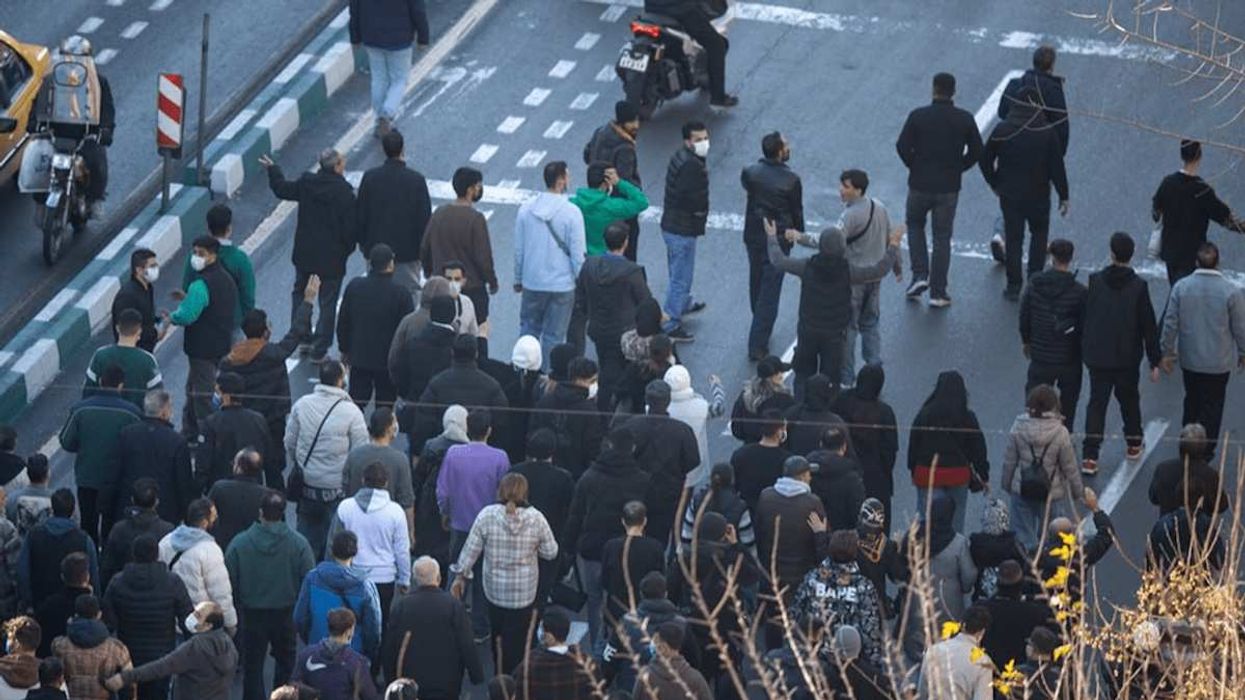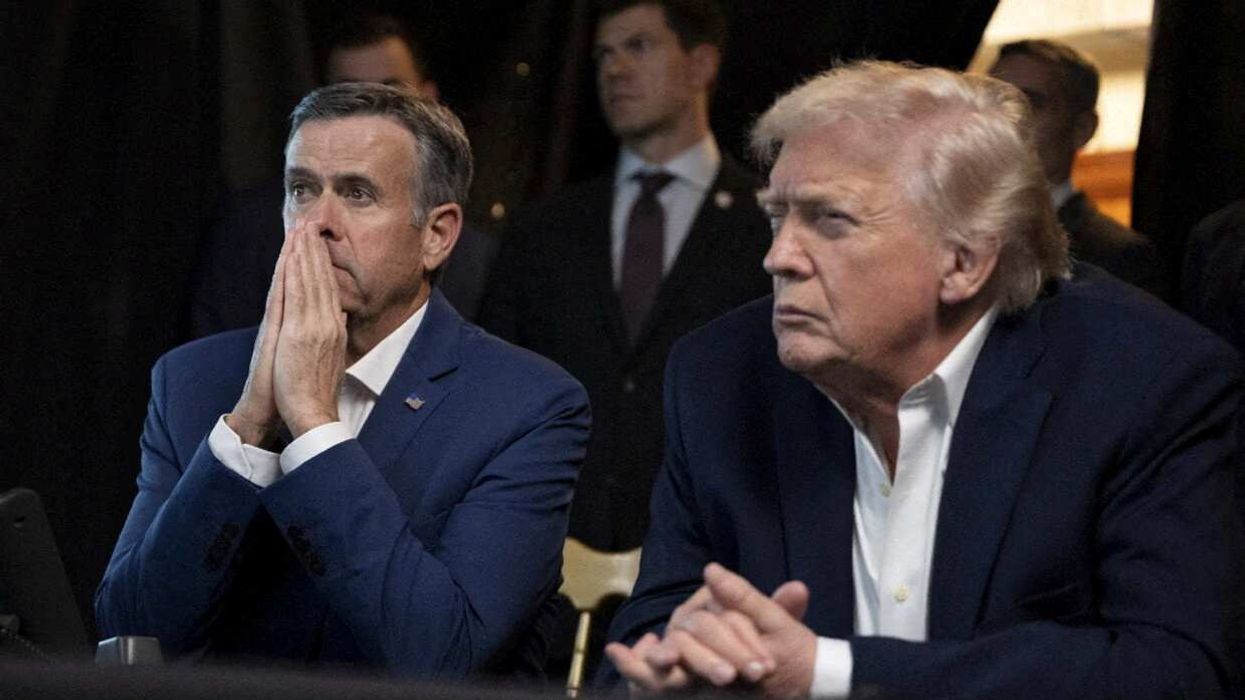Both sides know they must motivate as many supporters, and potential supporters, as possible to cast a ballot. Harris is taking a more conventional approach to the “ground game” by relying on the resources of the Democratic National Committee and on hundreds of thousands of volunteers to knock on doors in key states and to register more voters likely to support her.
Trump has a different strategy. Rather than relying on the Republican National Committee and volunteers as past GOP presidential candidates have done, the Trump campaign is reportedly outsourcing these operations to outside groups, including one backed by Elon Musk, to target mainly undecided voters. These groups pay workers to do the groundwork once done mainly by volunteers.
If this strategy works, it may change future campaigns for both parties. If it doesn’t, Trump’s gamble will likely be remembered as a bad idea that helped cost him the election.



















